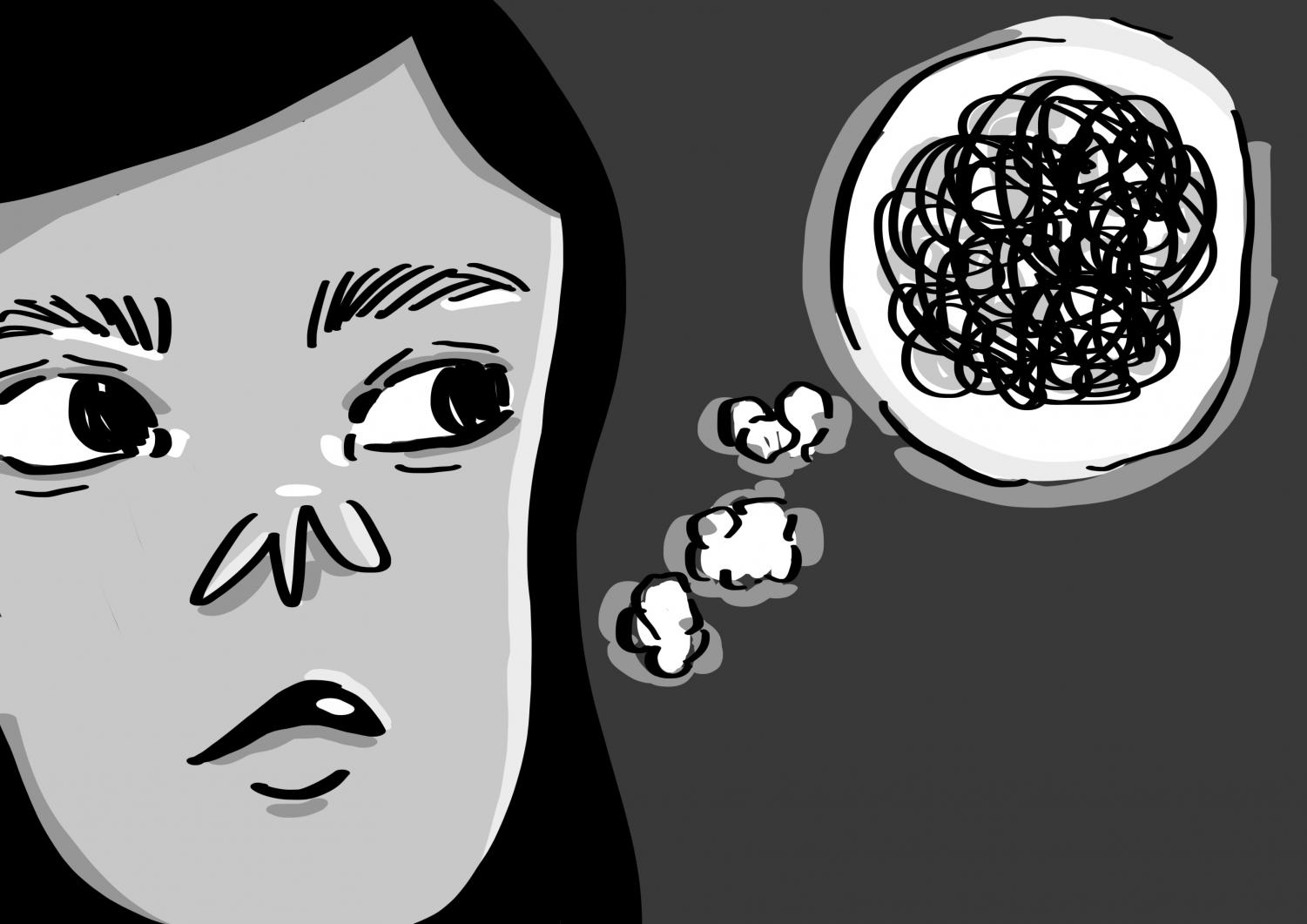Appreciating and Respecting Introversion
February 28, 2019
As someone who falls more on the introverted side of the personality spectrum, I strongly feel that introversion as a trait is generally undervalued and commonly misunderstood in our society. Introversion takes varying forms and is not something to be afraid of; it is simply a term that represents those of us who find constant social interaction overwhelming and embrace periods of reflection and solitude.
Introversion is typically conflated with shyness, a problematic idea that implies that introversion is an impermanent condition that can be rectified if only someone is “drawn out of their shell.” Extroverts oftentimes appear unaware that being among crowds comprised mostly of strangers for extended periods of time is simply not enjoyable for their more introverted friends. A crowded and lively party loudly proclaimed to be “lit” by an extrovert would likely elicit a significantly more negative — and possibly profane — description from an introvert; the word “hellscape” comes to mind.

Those of us who possess introverted personality traits are wrongfully portrayed as being antisocial. As Jonathan Rauch points out in an excellent Atlantic article on introversion, positive terms used to describe extroverts, such as “people person,” are radically different than descriptors like “awkward” or “weird” that are commonly applied to introverts. And the very word “awkward silence,” so common in our American vernacular, insinuates that silences are impermissible — a steady stream of words must incessantly fill any and all moments of silence.
But we introverts are certainly not socially distant from others. In my experience, introverts commonly excel in 1-on-1 interactions and form deep and meaningful relationships with the people around us, even if our friendships are perhaps not as numerous as those of our highly extroverted counterparts.
Professor Brian R. Little of Cambridge University provides an excellent example of how some degree of innate introversion can be balanced with the demands of a given job. Little is obliged by the unique demands of his profession to employ engaging anecdotes and behave in a gregarious and conversational manner while lecturing. But during lecture breaks, he seeks refuge by occupying the far stall in a nearby bathroom, needing time to himself in order to recuperate and properly recharge his social batteries. Little’s story suggests that introverts are very capable of successfully navigating highly stimulating social situations, but still require restorative periods of quiet reflection in order to thrive.
I believe that we are also generally predisposed to select extroverts for leadership positions and public office, a dynamic that certainly factored into perceptions of the candidates in the 2016 presidential election. President Trump seems to embody extroverted traits: he loves being the center of attention and feeds off of the adulation of his raucous crowds, eagerly commanding their attention. Hillary Clinton, on the other hand, displays decidedly more introverted characteristics. She possesses excellent listening skills, was careful and nuanced in her stump speeches and even took quiet, solitary walks in the woods adjacent to her New York home after her election loss.
It would be a vast overgeneralization to suggest that the 2016 presidential election boiled down to a choice between an introvert and an extrovert — clearly there were considerably more factors at play. However, Trump’s brash extroversion allowed him to be viewed as being authentic and honest, despite his litany of flaws and lack of experience. And Clinton’s tendency towards introversion clearly did her no favors during the campaign, likely contributing to the wrongful impression that she was cold, aloof and inauthentic.
Allowing introverted voices a seat at the table would represent a hugely positive change for our society. Instead of viewing the absence of a gregarious personality with profound concern, puzzlement and disdain, we must embrace and respect those of us who sometimes need periods of solitary reflection and who often prefer to think deeply before voicing our thoughts.








